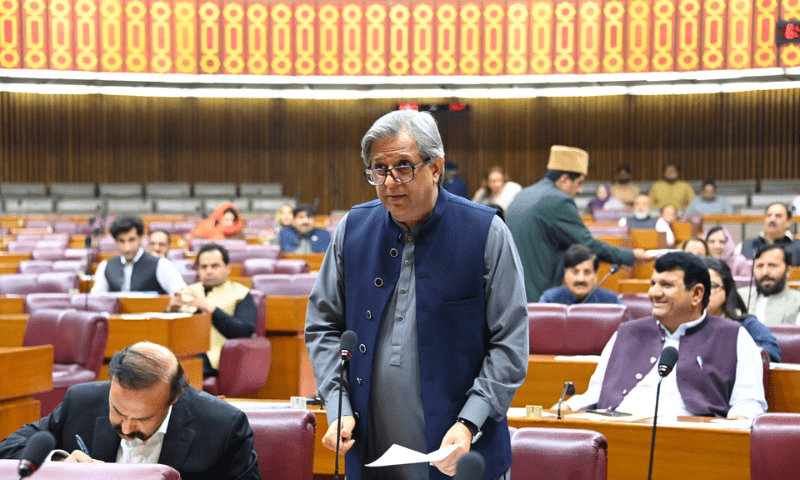The change is seen as a step toward expediting judicial processes, though it raises questions about resource allocation and the logistical support required for such an increase

By Asghar Ali Mubarak
ISLAMABAD: National Assembly has approved a series of amendment bills that will have a considerable impact on both the military leadership and the judicial system. Among the major changes is the extension of the tenure for the chiefs of the armed forces to five years, a move presented by Defense Minister Khawaja Asif. This amendment solidifies the roles of the highest-ranking military officials, providing continuity in leadership for the Pakistan Army, Navy, and Air Force, which could potentially lead to greater stability within the defense establishment.
The decision comes amid broader discussions around defense policy and national security strategy. Additionally, Federal Law Minister Nazir Tarar introduced a bill to increase the number of Supreme Court judges from 17 to 34. This expansion is intended to address the backlog of cases and improve the court’s efficiency in handling Pakistan’s extensive legal caseload. The change is seen as a step toward expediting judicial processes, though it raises questions about resource allocation and the logistical support required for such an increase.
The session also saw the approval of the Supreme Court Practice and Procedure Amendment Bill, 2024. This legislation proposes adjustments to court procedures and practices, potentially aiming to streamline judicial operations and improve transparency. These amendments are viewed as part of broader efforts to modernize and reform Pakistan’s judicial system, aligning it with the evolving needs of a rapidly changing legal and political landscape. The session was marked by loud opposition slogans, signaling resistance from opposition parties who may view these amendments as consolidating government influence over critical national institutions.
Following the bills’ approval, the Speaker of the National Assembly adjourned the session until the following day. These legislative changes underscore the government’s efforts to recalibrate institutional frameworks in Pakistan, with implications for military governance and judicial independence. The amendments could shape the operational capacities of these institutions for years to come, setting the stage for discussions on checks and balances in Pakistan’s political system.
The government’s focus on extending military leadership tenures and reforming the judiciary indicates a commitment to institutional stability and continuity, especially in the context of ongoing political challenges in Pakistan. While these amendments aim to address critical needs in national security and judicial efficiency, they also raise questions about the balance of power and accountability in the nation’s governance framework.



